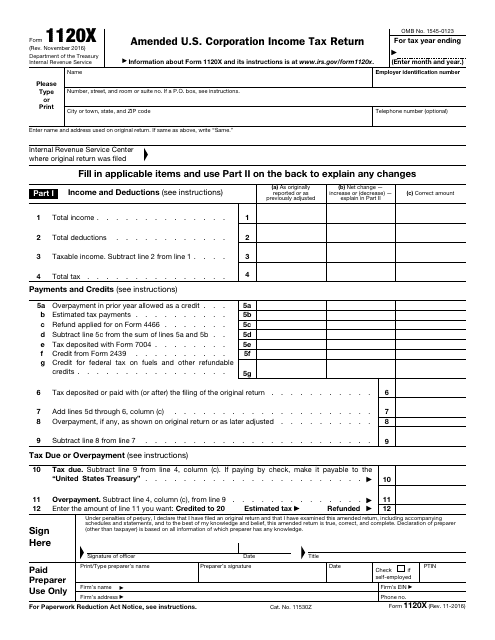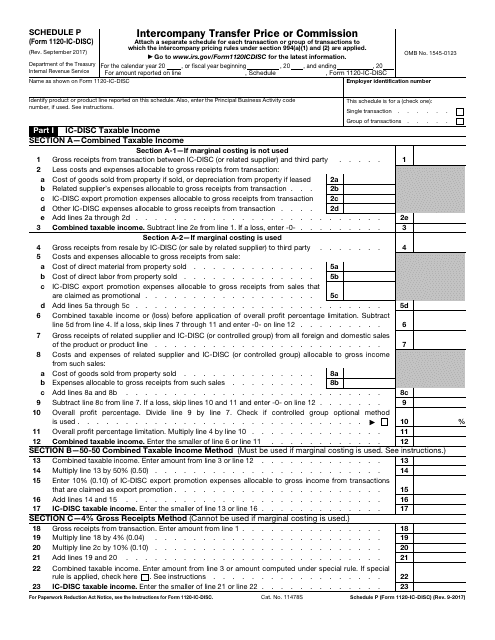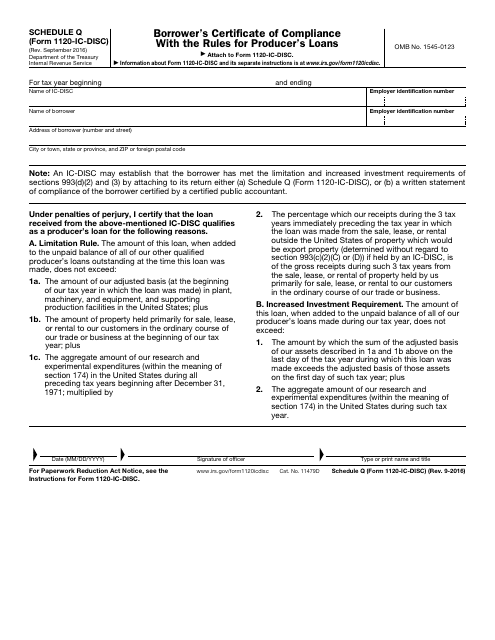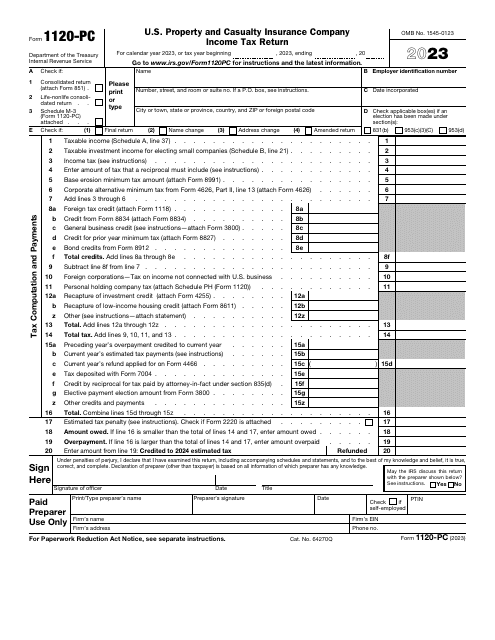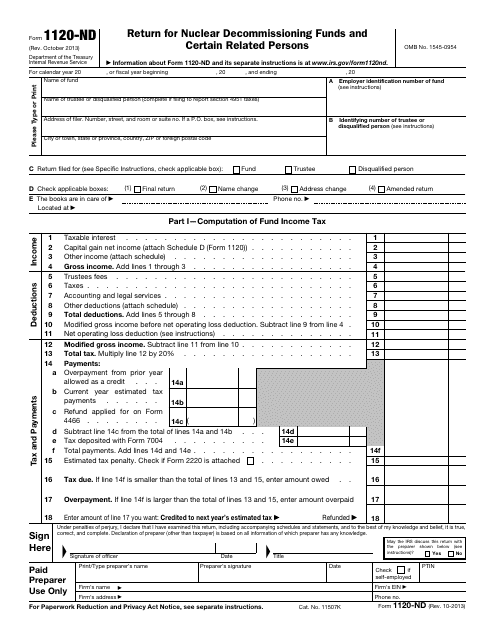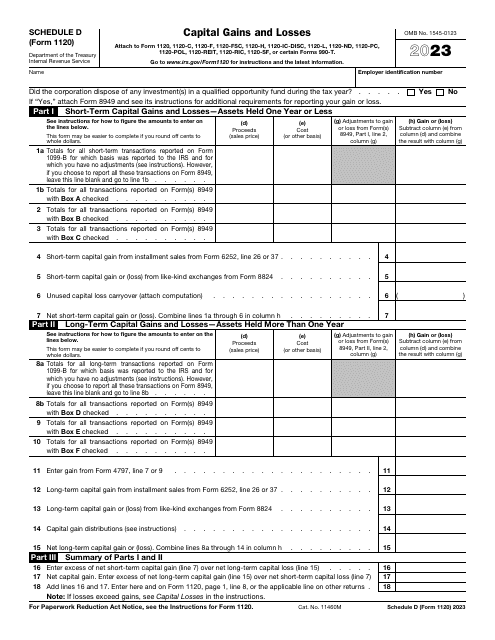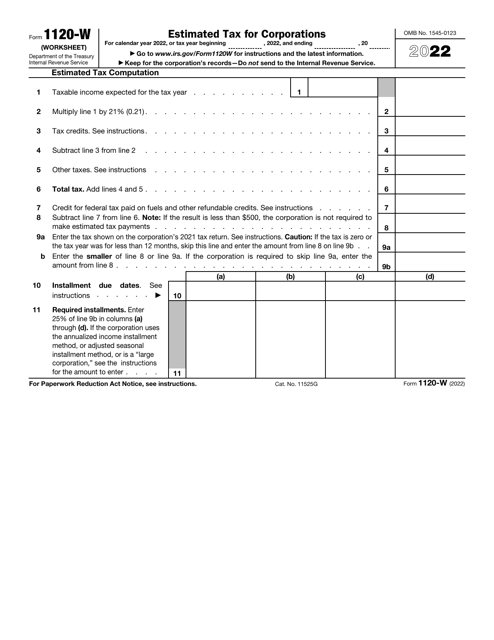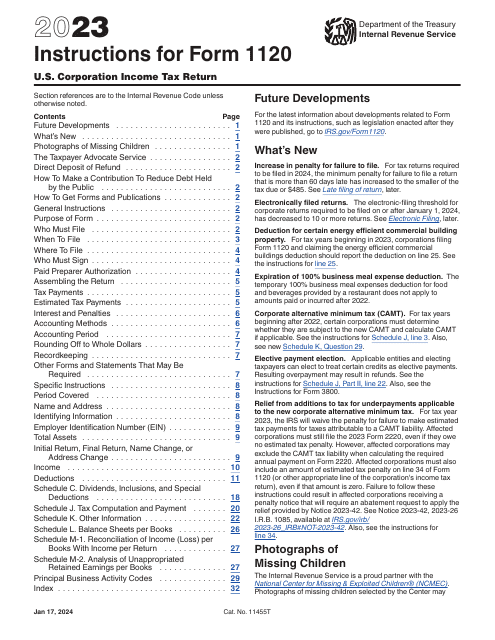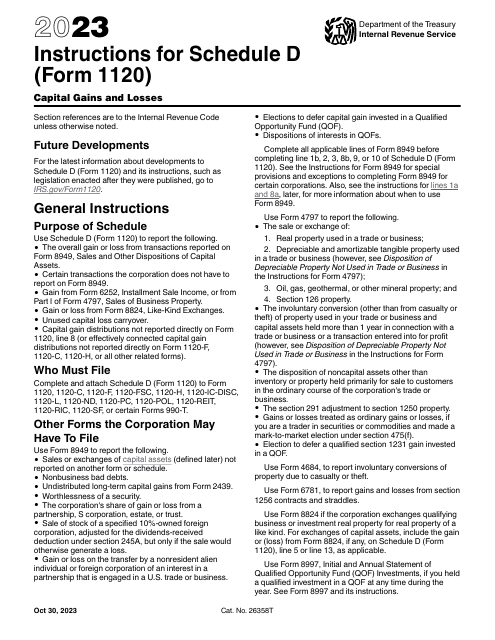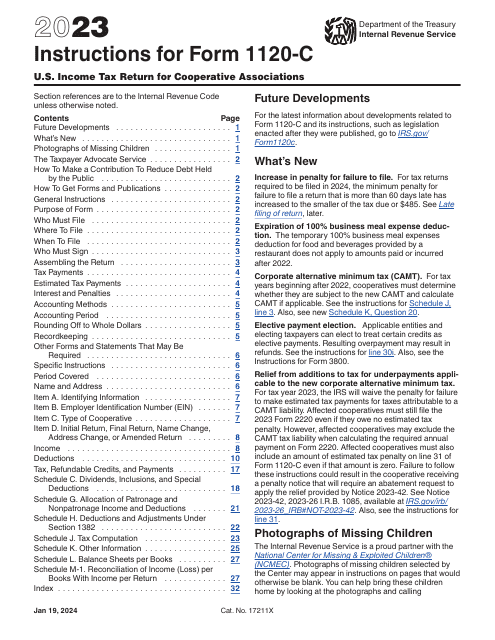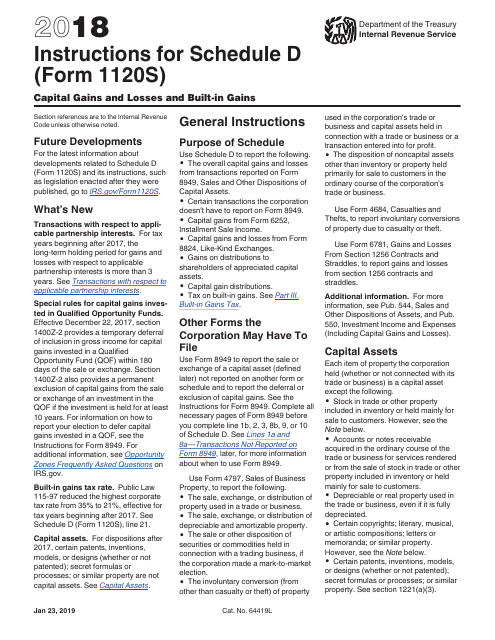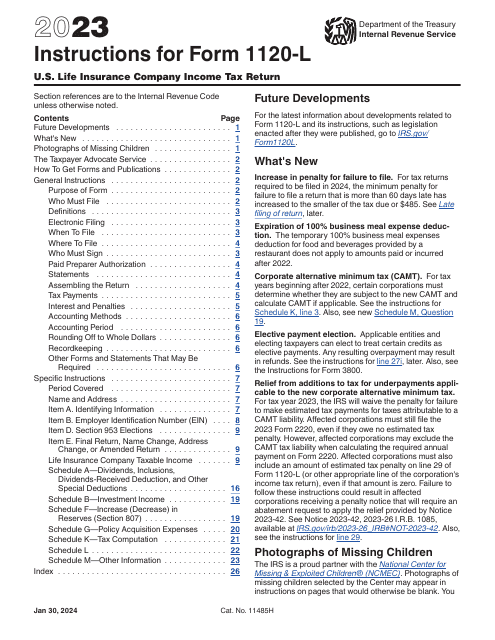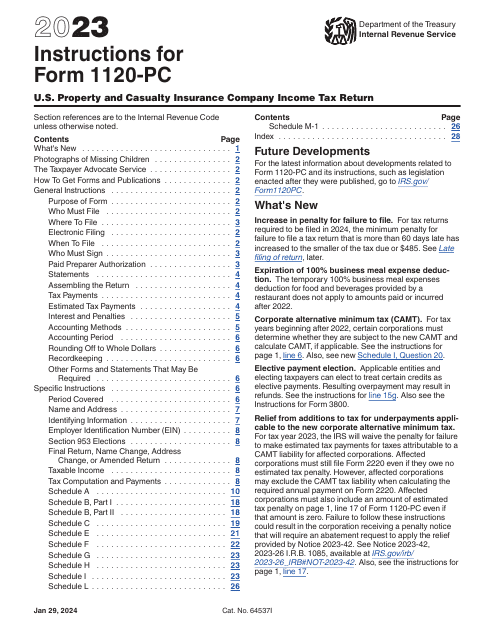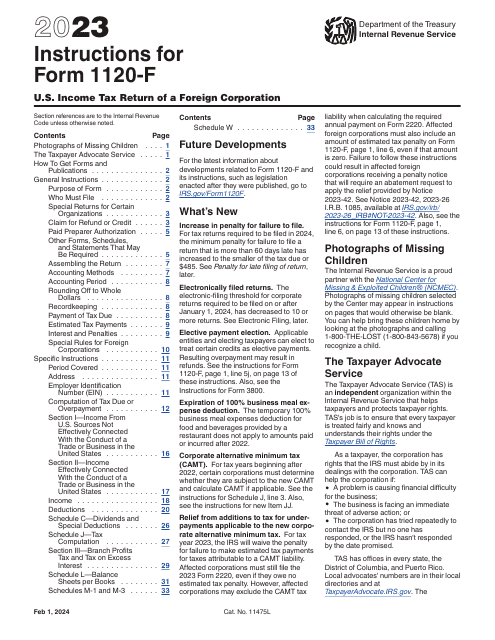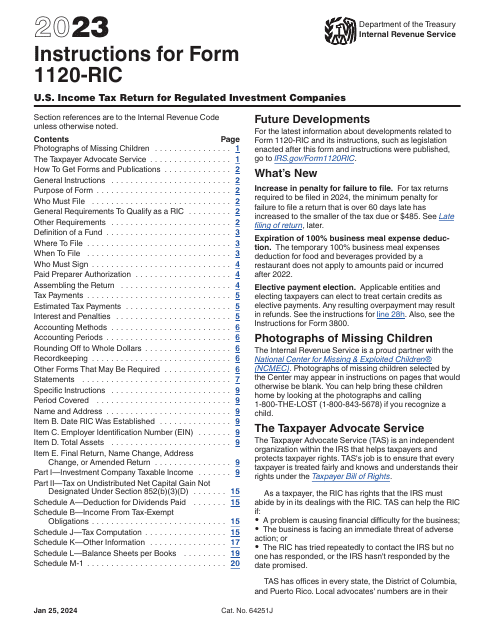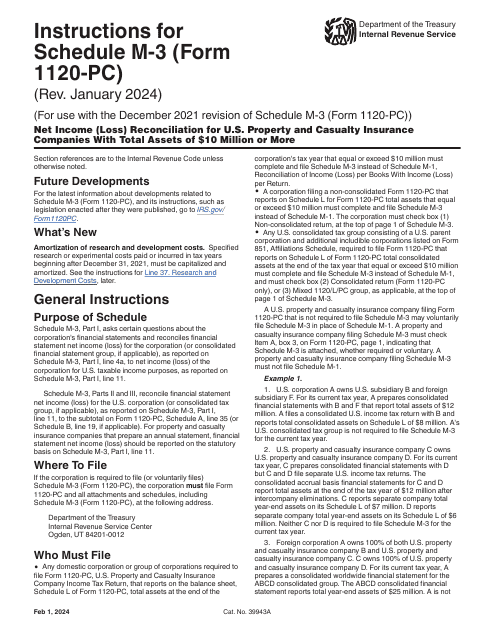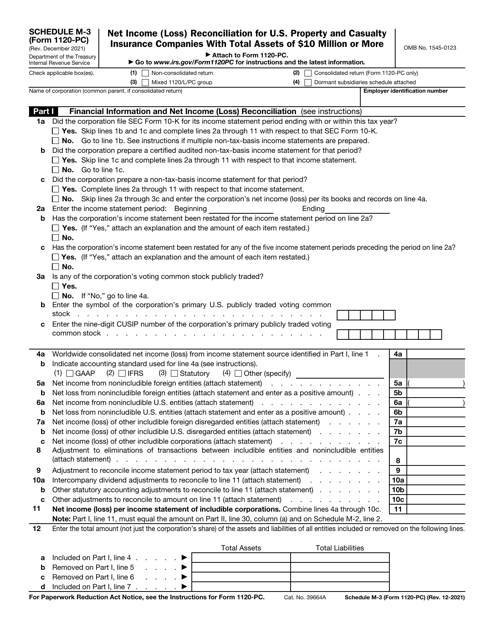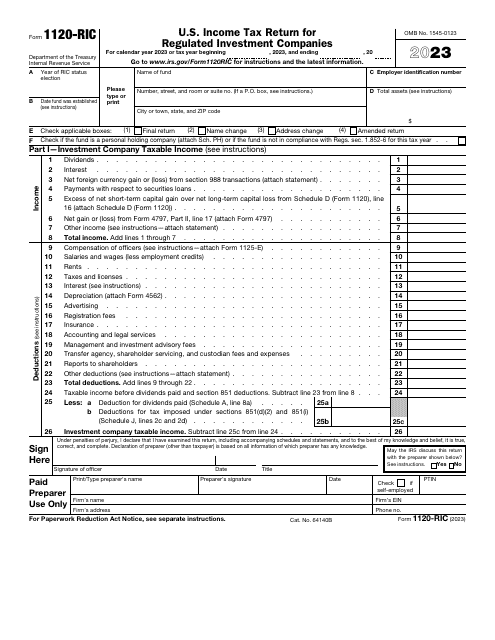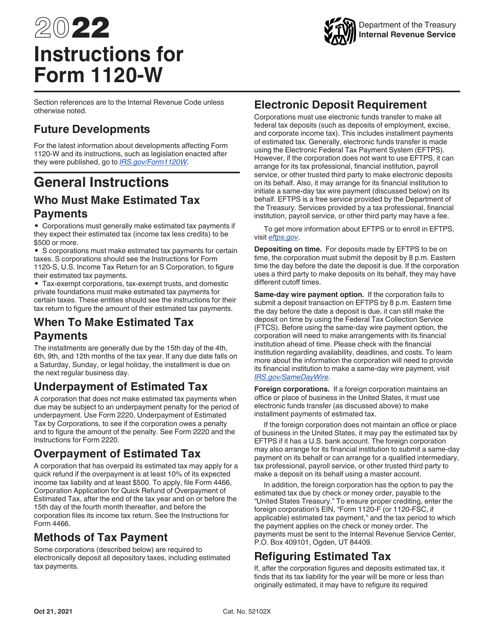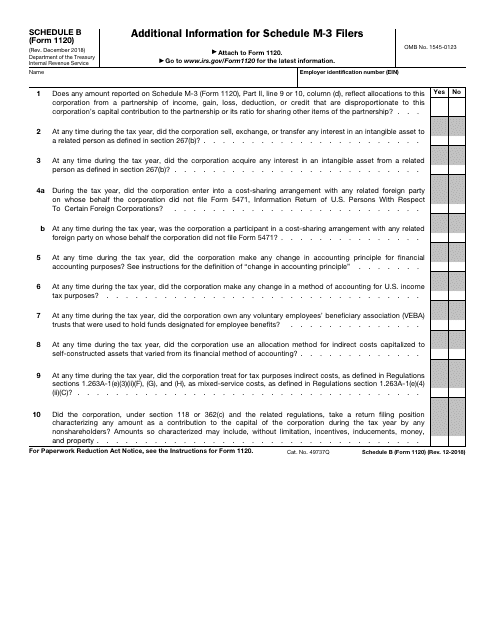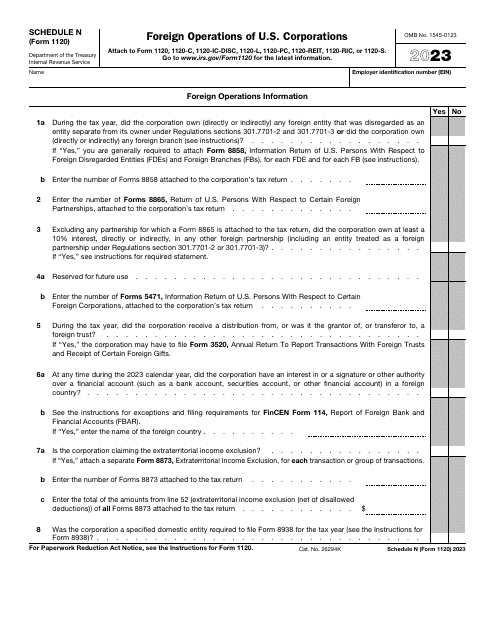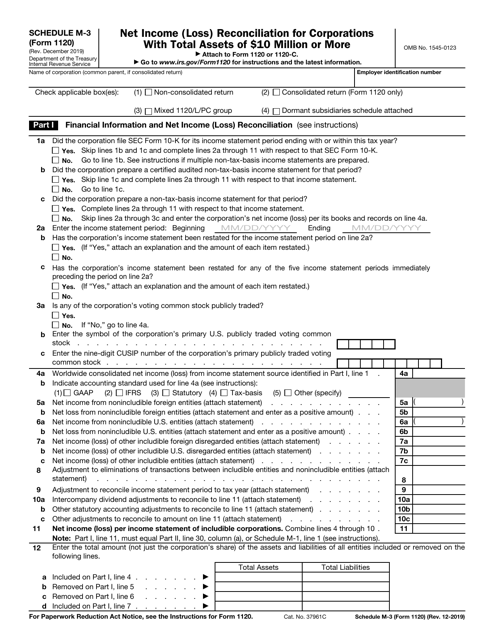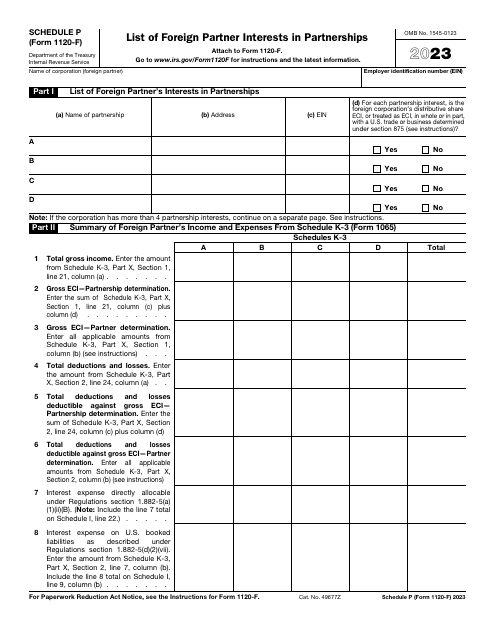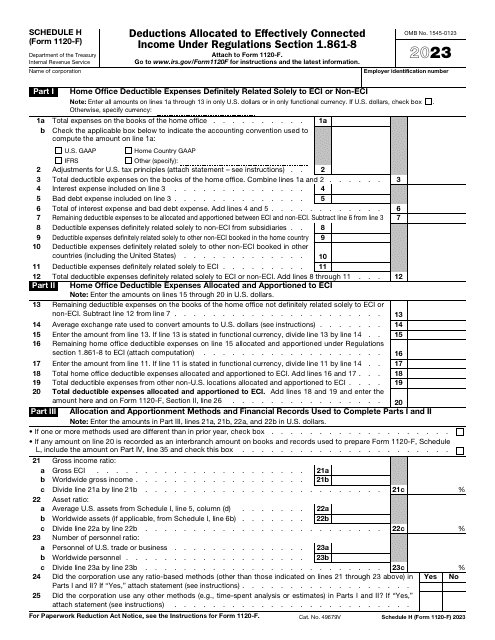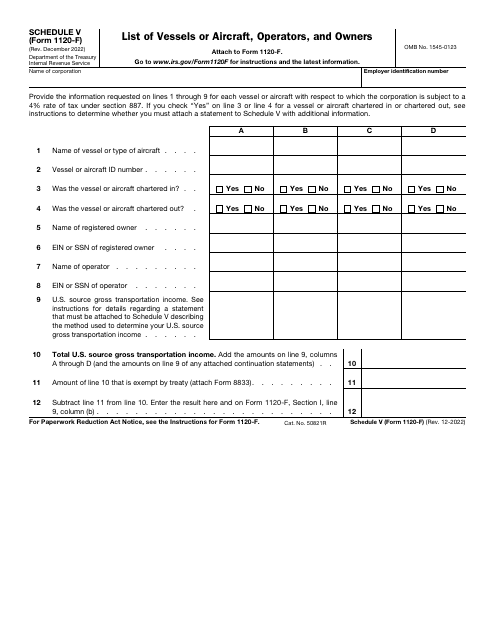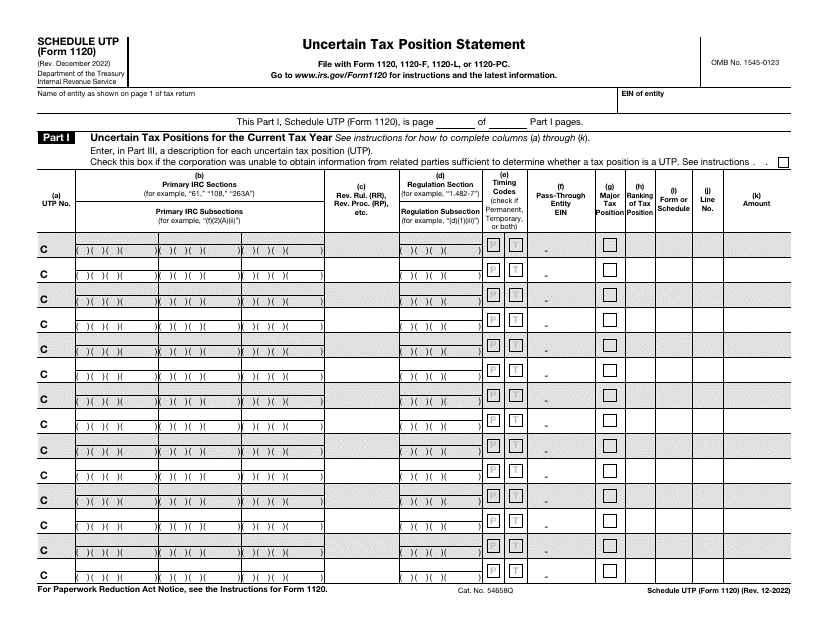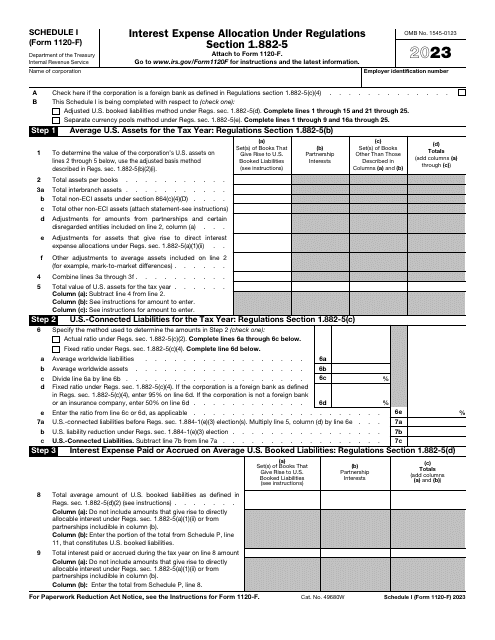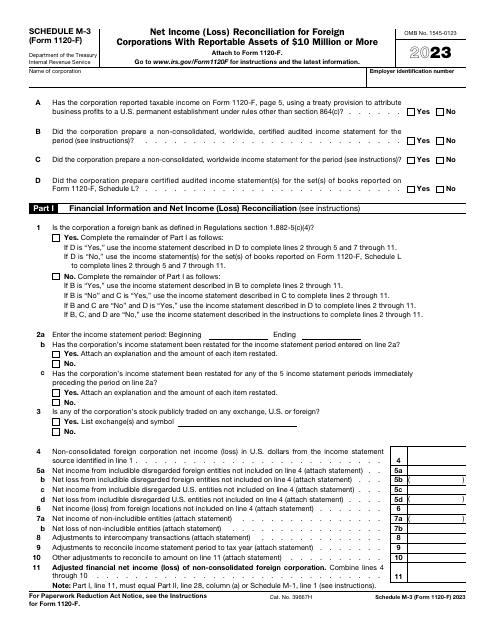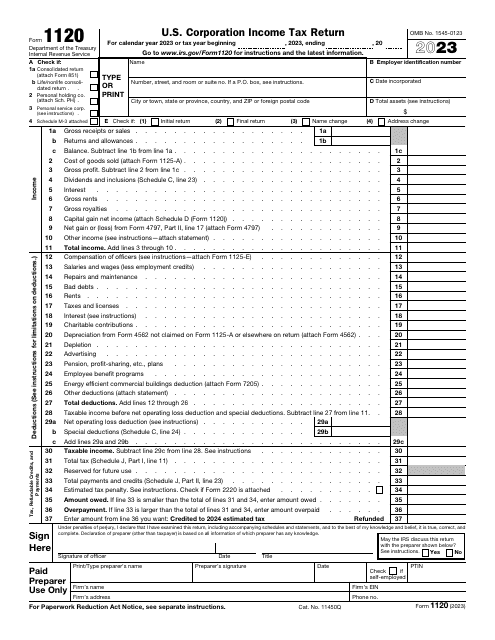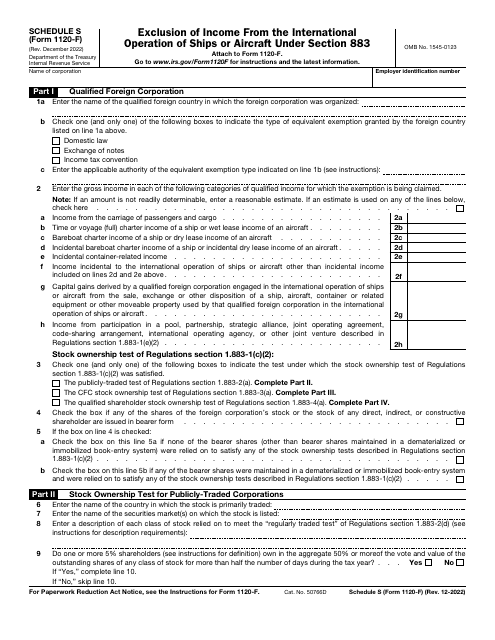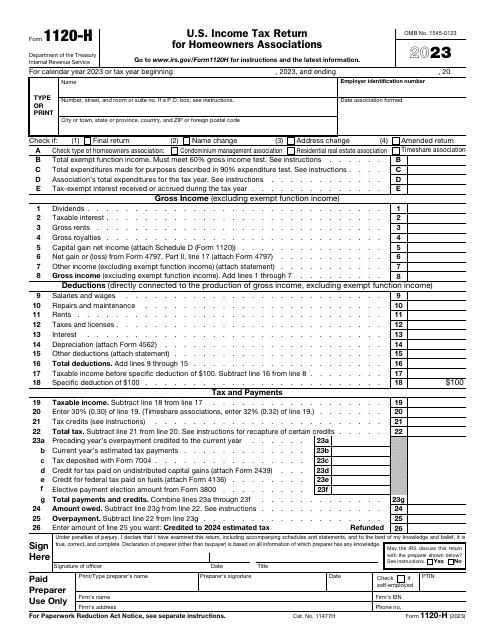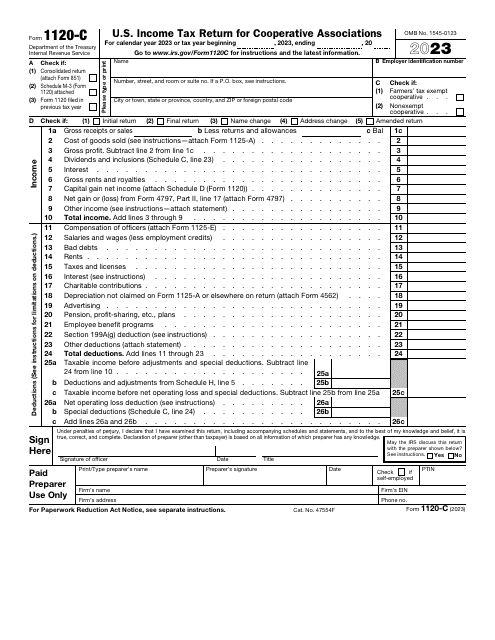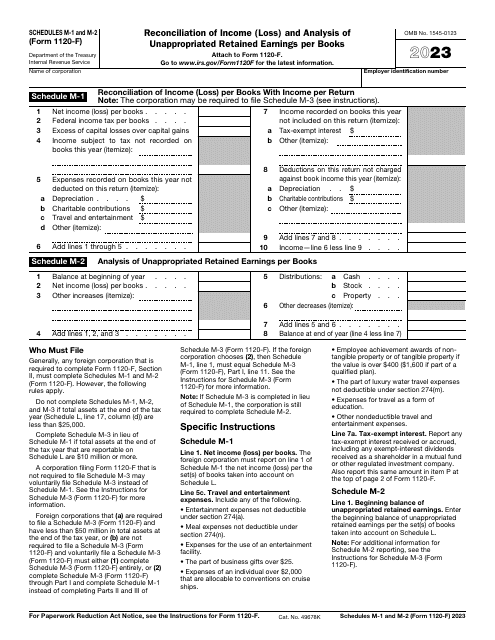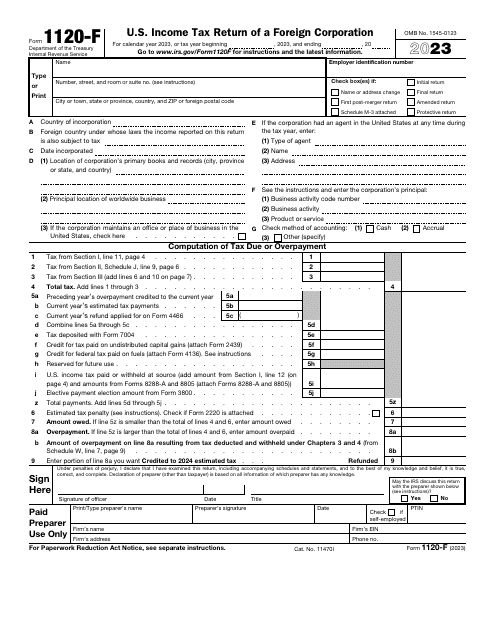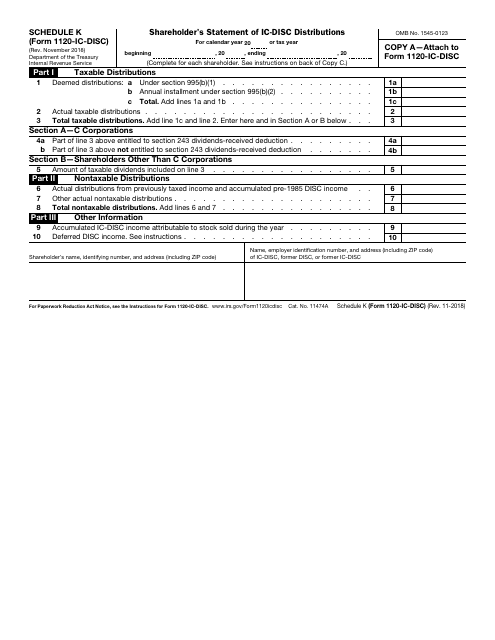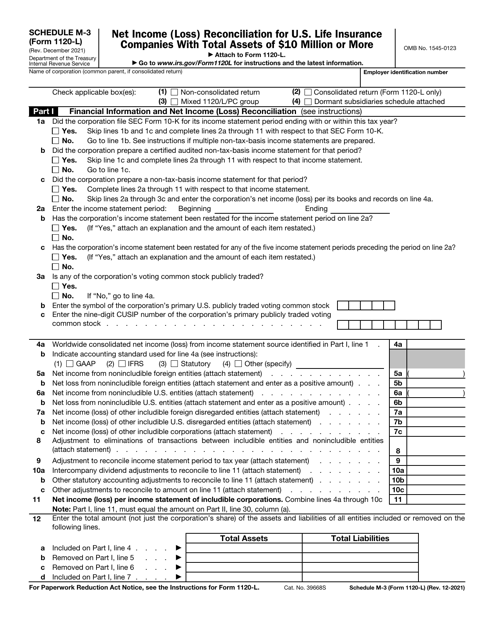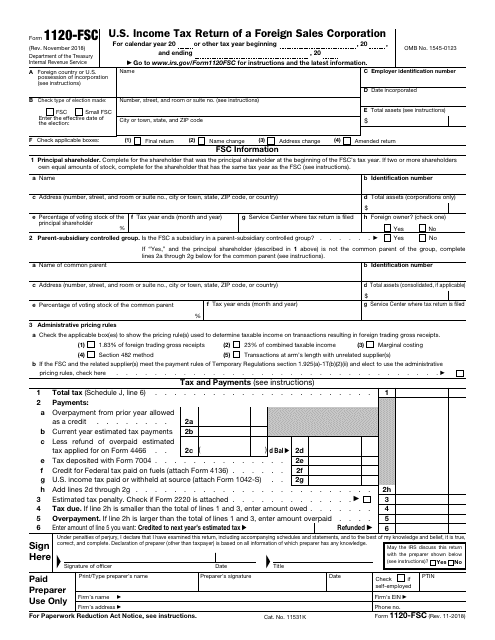IRS 1120 Forms, Schedules and Instructions
What Is the IRS Form 1120 Series?
IRS 1120 Forms are a set of 16 forms used by corporations to file corporate tax returns with the Internal Revenue Service (IRS) . The following are the forms and their schedules:
-
IRS Form 1120, U.S. Corporation Income Tax Return. Domestic corporations file the U.S. Corporation Income Tax Return in order to report income, gains, losses, deductions, and credits to the IRS. Schedules:
- Schedule B, Additional Information for Schedule M-3 Filers;
- Schedule D, Capital Gains, and Losses;
- Schedule G, Information on Certain Persons Owning the Corporation's Voting Stock;
- Schedule H, Section 280H Limitations for a Personal Service Corporation (PSC);
- Schedule M-3, Net Income (Loss) Reconciliation for Corporations with Total Assets of $10 Million or More;
- Schedule N, Foreign Operations of U.S. Corporations;
- Schedule O, Consent Plan and Apportionment Schedule for a Controlled Group;
- Schedule PH, U.S. Personal Holding Company (PHC) Tax; Schedule UTP, Uncertain Tax Position Statement;
- Schedule UTP, Uncertain Tax Position Statement.
-
IRS Form 1120-C, U.S. Income Tax Return for Cooperative Associations. Corporations that operate on a cooperative basis use this form to report their income, gains, losses, deductions, and credits, as well as to figure their income tax liability.
-
IRS Form 1120-F, U.S. Income Tax Return of a Foreign Corporation. This form is filed by foreign corporations to report their income, gains, losses, deductions, and credits, as well as to calculate their U.S. income tax liability. Schedules:
- Schedule H, Deductions Allocated to Effectively Connected Income under Regulations Section 1.861-8;
- Schedule I, Interest Expense Allocation (under Regulations Section 1.882-5);
- Schedules M-1 and M-2, Reconciliation of Income (Loss) and Analysis of Unappropriated Retained Earnings per Books;
- Schedule M-3, Net Income (Loss) Reconciliation for Foreign Corporations With Reportable Assets of $10 Million or More;
- Schedule P, List of Foreign Partner Interests in Partnerships;
- Schedule S, Exclusion of Income from the International Operation of Ships or Aircraft under Section 883;
- Schedule V, List of Vessels or Aircraft, Operators, and Owners.
-
IRS Form 1120S, U.S. Income Tax Return for an S Corporation. This document is used to file the income, gains, losses, deductions, and credits of a domestic corporation or any other entity for any tax year covered by an election to be an S corporation. Schedules:
- Schedule B-1, Information for Certain Shareholders of an S Corporation;
- Schedule D, Capital Gains and Losses and Built-In Gains;
- Schedule K-1, Shareholder's Share of Income, Deductions, Credits, etc.;
- Schedule M-3, Net Income (Loss) Reconciliation for S Corporations with Total Assets of $10 Million or More.
-
IRS Form 1120-FSC, U.S. Income Tax Return of a Foreign Sales Corporation. Corporations that elect to be treated as a Foreign Sales Corporation (FSC) or small FSC use this form to report their income, deductions, losses, gains, credits, and income tax liability. Schedules:
-
IRS Form 1120-H, U.S. Income Tax Return for Homeowners Associations. A homeowners association files this income tax return to take advantage of certain tax benefits. These benefits imply that the association can exempt function income from its gross income.
-
IRS Form 1120-IC-DISC, Interest Charge Domestic International Sales Corporation Return. This information return is filed by interest charge domestic international sales corporations (IC-DISCs), former DISCs, and former IC-DISCs. Schedules:
-
IRS Form 1120-POL, U.S. Income Tax Return for Certain Political Organizations. This form is filed by political organizations and certain exempt organizations for reporting their political organization taxable income and income tax liability under Section 527.
-
IRS Form 1120-L, U.S. Life Insurance Company Income Tax Return. Life insurance companies use this form to report income, gains, losses, deductions, and credits, and to figure their income tax liability. Schedules:
-
IRS Form 1120-ND, Return for Nuclear Decommissioning Funds and Certain Related Persons. Nuclear decommissioning funds file Form 1120-ND for reporting their earned income, received contributions, administrative expenses of fund operation, tax on modified gross income, and Section 4951 initial taxes.
-
IRS Form 1120-PC, U.S. Property and Casualty Insurance Company Income Tax Return. This form is filed for reporting the income, gains, losses, deductions, and credits, and to figure the income tax liability of insurance companies, except for life insurance companies.
-
IRS Form 1120-REIT, U.S. Income Tax Return for Real Estate Investment Trusts. Corporations, trusts, and associations electing to be treated as Real Estate Investment Trusts use this document for informing the IRS of their income, deductions, credits, gains, losses, certain penalties, as well as their income tax liability.
-
IRS Form 1120-RIC, U.S. Income Tax Return for Regulated Investment Companies. Regulated investment companies (RIC) file this form to report their income, deductions, gains, losses, credits, and to calculate their income tax liability.
-
IRS Form 1120-SF, U.S. Income Tax Return for Settlement Funds (under Section 468B). Qualified settlement funds file this form to report transfers received, income earned, deductions claimed, distributions made, and the designated or qualified settlement fund income tax liability.
-
IRS Form 1120-W, Estimated Tax for Corporations. Corporations use this form to estimate their tax liability and to figure the amount of their estimated tax payments.
-
IRS Form 1120-X, Amended U.S. Corporation Income Tax Return. This form is used by corporations to correct Form 1120 (or Form 1120-A), a claim for refund, or an examination, as well as to make certain elections after the fixed deadline.
When Are 1120 Forms Due?
IRS 1120 Forms must be filed by the 15th day of the 4th month after the end of the corporation’s tax year. A dissolved corporation files its forms by the 15th day of the 4th month after the dissolution date. A corporation with a fiscal tax year ending June 30 is required to file by the 15th day of the 3rd month after the end of its tax year. A corporation with a short tax year ending any day in June will be treated as if the short year ended June 30 and is required to file by the 15th day of the 3rd month after the end of its tax year. If the due date falls on a weekend or a legal holiday, the forms may be filed on the next business day.
Related Articles
Documents:
81
This document is filled out by corporations in order to correct Form 1120 (or Form 1120-A), a claim for a refund, or an examination, as well as to make certain elections after the prescribed deadline.
This Form is used for borrowers to certify their compliance with the rules for producer's loan related to IRS Form 1120-IC-DISC Schedule Q.
This form is filed by non-life insurance companies wishing to inform the Internal Revenue Service (IRS) of their income, deductions, and credits, as well as to figure their income tax liability.
This document is used by the Nuclear Decommissioning Funds to inform the Internal Revenue Service (IRS) about their income, contributions, and administrative expenses of fund operation.
This is a supplementary form corporations were expected to fill out to compute the amount of estimated tax they owe to fiscal authorities.
This is a fiscal form used by regulated investment companies to inform the government about their revenue over the course of the tax year, describe their losses and gains, claim tax deductions and credits, and compute their tax liability correctly.
This form is used for providing additional information to Schedule M-3 filers who are filing IRS Form 1120.
This Form is used for providing consent and creating a plan for allocation of income and deductions among companies in a controlled group. It helps with the apportionment of taxes for multiple companies.
This is a formal document filed with the IRS by a domestic corporation to inform the government about their taxable income and taxes they compute annually.
Fill out this form if you represent a homeowner's association in order to make use of certain tax benefits. That means, that the association can exclude the Exempt Function Income from its gross income.
Use this form if you are a corporation that operates on a cooperative basis, to report your information (such as income, gains, losses, deductions, and credits) to the Internal Revenue Service (IRS), and to figure your income tax liability.
File this form if you are a foreign corporation and maintain an office within the United States in order to report your income, deductions, and credits to the Internal Revenue Service (IRS), as well as to figure your U.S. income tax liability.
This document is used for reporting IC-DISC distributions made to shareholders.
This is a fiscal document filled out by entities that export goods produced in the United States to inform tax organizations about the income they generated during the year, the deductions they qualify for, and the tax they are supposed to pay.

